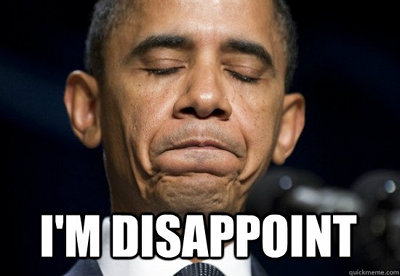But he will feature prominently.
 This week was monumental for our neighbors down south as the
celebrated the inauguration of President Obama in his second term as president.
Interesting fact: this was the
fourth time that Obama was sworn in. Second term, fourth oath.
This week was monumental for our neighbors down south as the
celebrated the inauguration of President Obama in his second term as president.
Interesting fact: this was the
fourth time that Obama was sworn in. Second term, fourth oath.
It’s weird to me that you could take an oath over.
I understand the repeated oath this time, as it was making
public what had happened in private earlier, but in the first go round it was
to fix an error in the first oath.
An oath is pretty serious business. A promise made in the
sight of God. A promise which, according to James
5:12, can lead to some pretty grave consequences if broken.
Now as a Christian I look at condemnation pretty seriously.
Some people don’t.
Some people are accused
of not taking the threat of condemnation seriously and some people don’t
necessarily understand or care about the severity that
is involved with an oath.
We see Jesus himself warning against the taking of oaths due
to the danger that is involved for us. We are dumb, folks. We say things in the
heat of the moment that we don’t really mean. We declare truth where it is not
found. We can harm ourselves enough without bringing down the judgment fires.
An oath is a big deal because we have now moved beyond our
own reason and understanding and have brought in that of one much greater and
wiser than we could ever even imagine. This is no longer between us and our
neighbor but instead between us and God.
As humans we want to be in control. We want to be the final
authority and have something that supports our opinion. What really makes us
seem powerful is when we can have the authority of God behind us. But sometimes
we put it there when we are wrong to do so. We can make a promise that invokes
God but doesn’t leave him as the authority; an oath where we are using God to
strengthen our argument rather than allowing God to use us to strengthen his
argument. We want to fit God into our plans and refuse to really look at what
we’re doing. We’re breaking all kinds of commandments; putting ourselves before
God, turning ourselves into gods and using his name in vain to support what we
want so badly to believe.
Our need for oaths comes from our need to assure everyone
that we’re telling the truth. Our own actions really don’t reflect the reality
that we want to convey. Our solution? Bring in the one being who can always be
believed. Not to look within ourselves for what we can change, what we can do
to make ourselves trustworthy, but rather to deflect to the one who can always
be trusted.
And were we to try I’m not sure that we could change
ourselves enough, I know we couldn’t change or convince those around us to
change. As with all things we are dependent on God’s perfection to make us
complete. I don’t think we can cut out the concept of oaths from our lives. We
need God’s accountability, we need his strength. What we also need is the
understanding of how serious this contract is and to enter into the contract
with that knowledge.
Sound tough?








